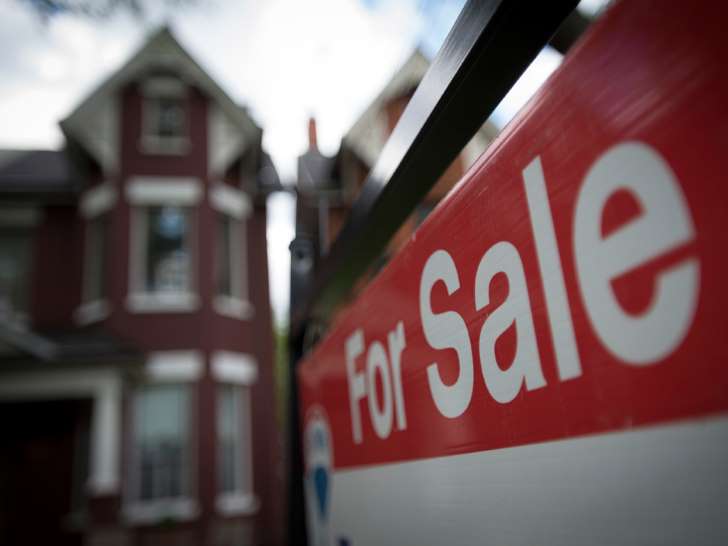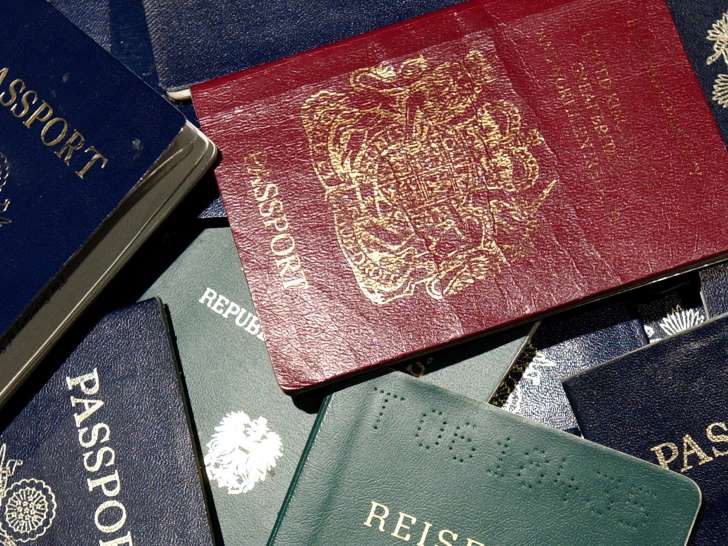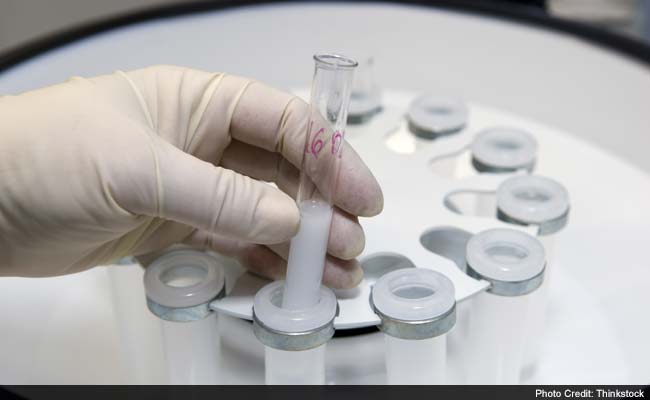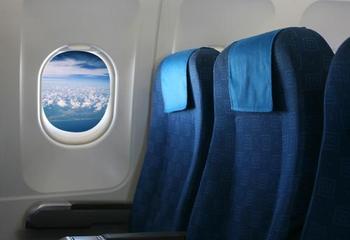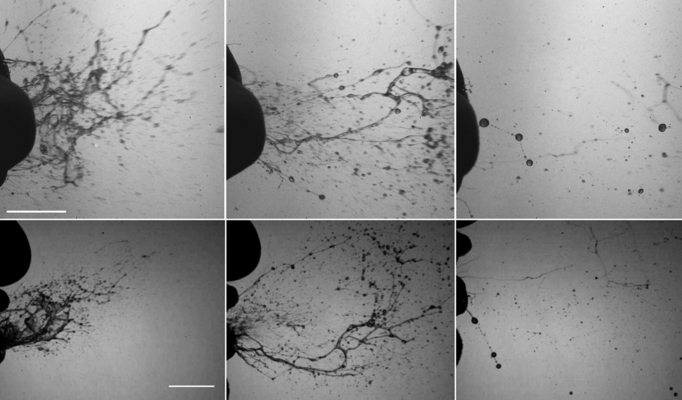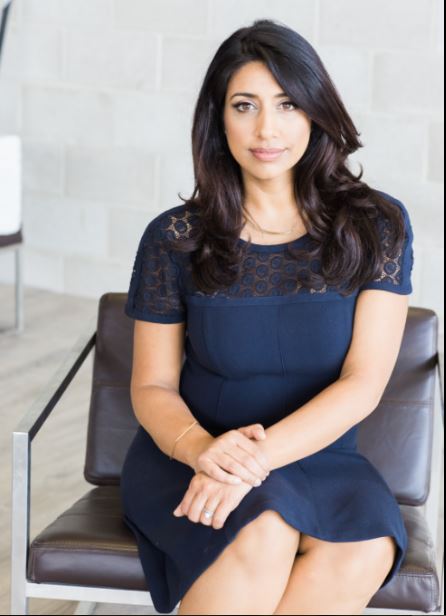
Farah Nasser is one of the most recognizable faces on television, and in the South Asian people-space as she brings her extensive experience as anchor on Global News every evening and is watched by thousands of Canadians across Ontario.
She began her career with Rogers TV before accepting a position with News-talk 1010 in 1999 where she started off as a producer and then worked her way up into a reporting role. Next, Nasser made the move to Toronto 1 where she worked as a journalist for two years before joining /A\ Channel News in Barrie, reporting for the Toronto Bureau. In 2006, she joined CityTV as a reporter and later became a weekend anchor. Prior to her position with Global News, Nasser was an anchor and reporter for CP24.
Farah has been informing viewers across the GTA for more than a decade, voicing the news with her own unique and informed personality. Among her career highlights are the Air France crash in 2005, G20 Summit in 2010 and the Toronto 18 terror trials. She is also a political veteran having covered municipal, provincial and federal elections.
A graduate of Ryerson University in Radio and Television Arts, she also attended the University of Westminster in London, England for European Media Studies and later interned for CNN in New Delhi, India.
Nasser considers herself lucky to work in journalism and credits her father with her curiosity and passion for current events for he would always encourage her to explore, discover, and remember everything that was going around her. She always knew she wanted to go into broadcasting and fondly remembers her first paying job and thinking, “I can’t believe they are paying me, I would do this for free!”
When not reporting on the day’s headlines, Farah emcees at different events and works with the Aga Khan Foundation, an organization that provides sustainable solutions for developing countries. She also sits on the Board of Directors for the University Health Network’s Arthritis Research Foundation.
The South Asian News talks to one of the few women reporters who has not only made it in a predominantly man’s world, but also as a spokesperson whose viewpoint matters to the community.
How and why did you decide to get into this career?
I owe it to my Dad’s mentoring. Whenever he’d drive us anywhere he would have the radio on, obviously tuned in to a news channel. After which he would quiz me on what I heard, and on current events. We would also have access to newspaper articles. It was this sense of curiosity ingrained into me at an early age that made me look into the possibility of this career which was unheard of. In school I wasn’t exactly the whiz kid in math and sciences but I really loved writing class and public speaking. There were speech nights that I really looked forward to. So I guess one thing led to another—I subconsciously and then later consciously made my way towards reporting, anchorage and broadcasting news.
Talk to us about your early years, how you started out
My first job was on Rogers cable, but I remember always setting out, going about the early years with a determined sense of purpose and persistence. I worked for up to 18 hours, looked for new stories relentlessly. Went about with demo tapes to highlight what I had accomplished. On Talk Radio I once responded to their show on drugs in universities with a lot more in-depth knowledge that they’d anticipated—this gave me a job opportunity to anchor the news for a channel overnight. So to answer your question I’ve been in different facilities in the business of media reportage. I’ve come up from the grassroots level, and worked my way in various departments. The best part: I can intuitively talk about every place I’ve been—be it production, or reporting, or being an air traffic controller, a conduit on content. Obviously there are many areas that require a lot of learning and I look forward to the leap that television and online journalism is moving towards.
As a woman that many other women look up to, what do you have to say to them?
In school I was probably one of the few brown girls, and went through quite a few struggles to finally carve out an identity for myself. But it wasn’t easy, and I can therefore relate to women from South Asian backgrounds such as mine. Because of the way I was raised with a high sense of family values, I’ve surpassed every challenge, overcome every single resistance. I am aware that not every person can have that kind of support and that’s why I encourage women to be role models for their daughters, because only a woman can understand the other.
What about having more women in media related jobs, and on television?
Yes, there are very few women, and even lesser South Asian women on television, the internet and social media. However I gather that that is changing in India. Also up and coming journalists require to be mentored. Above all the pay scales need to be changed—women still don’t get paid as much as their male counterparts and they do the same amount of work.
Which are some of the stories you’ve recently covered that you’re really proud of, and those you think will make most of an impact?
I’ve done quite a few—about racism in the city, a lone Afghan actress on stage (as you can imagine, that’s a no-no), and child soldiers. But I’ve recently done one on the state of the Syrian refugees who’ve been sponsored by Canada. I think that it’s best seen to be believed, and I don’t want my emotions and feelings to underline the footage shot. So here’s the link: http://globalnews.ca/video/2484790/refugees-who-fled-to-canada-share-stories-words-of-wisdom-for-syrian-refugees.
Ever since you got into this role, are you treated any differently by the family, especially by Dad who probably envisaged you on TV right from the start?
I have a huge typically South Asian extended family much like those in a Karan Johar blockbuster, and I am not treated any differently. Dad is still top of his game, and up for a challenge about world news, or views. We have debates, and our gatherings are always more than food for thought. It’s my husband who challenges me these days, he keeps me well plugged in, because he is exceptionally well read, well versed and attuned to world events, or even the ascent and descent of man—depending on how the conversation starts, or where it ends.
Jude Paul Fernandes jude@thesouthasiannews.com


 South Asian News E-Paper
South Asian News E-Paper Punjabi News E-Paper
Punjabi News E-Paper